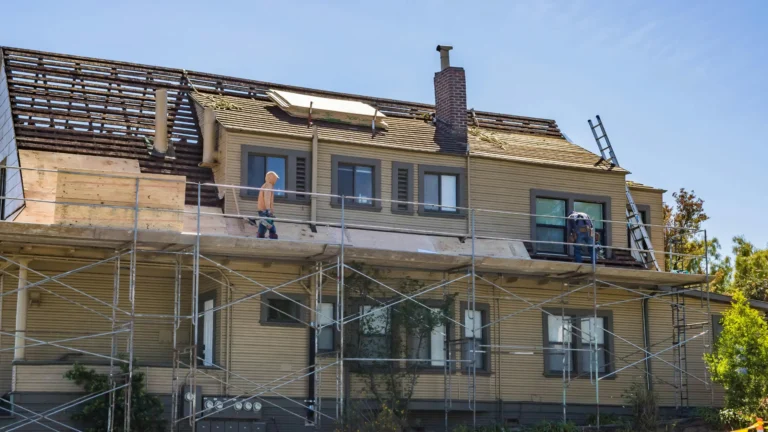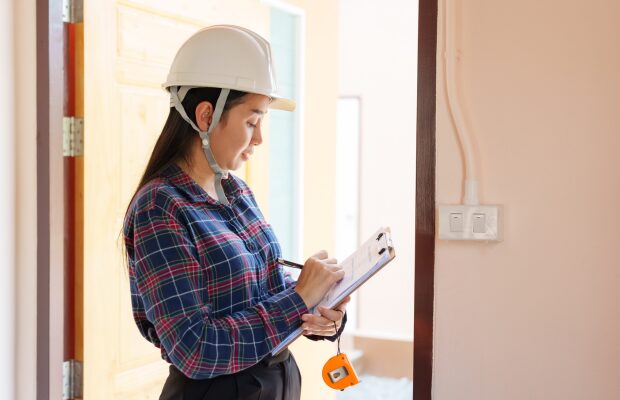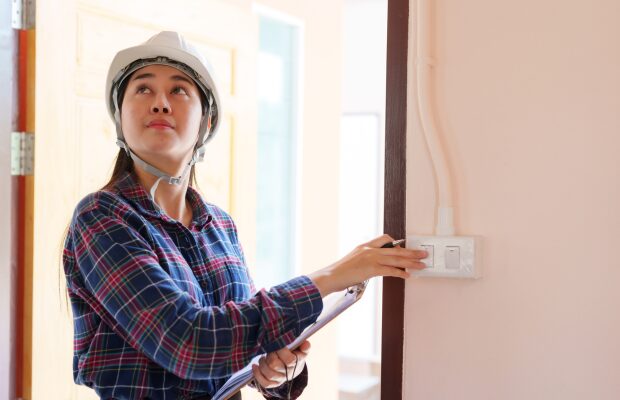How the London property market fares in 2021 will, like most of the country, be dependent to an extent on the ongoing economic impact of the Covid-19 pandemic. The UK property market traditionally gears up for a busy period as spring approaches, but with pandemic restrictions scheduled to remain in place at least until the end of June, the London market still has a degree of uncertainty hanging over it.
However, that uncertainty is tempered by some positive signs…
Your London property market forecast for spring 2021
The London market is perhaps more susceptible to economic peaks and troughs, but there are signs that the capital is beginning to emerge from the difficulties caused by coronavirus.
According to Rightmove’s monthly price index in February, the capital posted 3% growth in property prices compared with January, although the annual change in prices remained at -1.1% compared with February 2020.
Demand for properties remains higher than supply, with this unlikely to change now the stamp duty deadline has been extended until the end of June.
Current London property prices
While some London boroughs are performing better than others when it comes to property prices, all but nine continue to post positive year-on-year growth.
| Borough | Ave Price | Annual change |
| Croydon | £449,210 | 6.2% |
| Hackney | £659,315 | 5.5% |
| Redbridge | £473,177 | 5.2% |
| Bexley | £423,104 | 4.7% |
| Haringey | £626,062 | 4.0% |
| Hillingdon | £490,196 | 3.9% |
| Barking & Dagenham | £326,233 | 3.8% |
| Havering | £416,602 | 3.8% |
| Greenwich | £459,926 | 3.5% |
| Newham | £428,609 | 3.2% |
| Bromley | £547,380 | 3.2% |
| Richmond upon Thames | £846,628 | 3.1% |
| Waltham Forest | £506,476 | 3.1% |
| Harrow | £566,045 | 2.7% |
| Lewisham | £477,671 | 2.4% |
| Enfield | £459,743 | 2.1% |
| Ealing | £552,692 | 1.0% |
| Sutton | £475,671 | 0.9% |
| Barnet | £629,848 | 0.6% |
| Southwark | £625,709 | 0.6% |
| Hounslow | £536,174 | 0.5% |
| Merton | £622,409 | 0.1% |
| Brent | £575,339 | -0.5% |
| Kingston upon Thames | £622,463 | -0.5% |
| Hammersmith & Fulham | £894,647 | -2.6% |
| Islington | £728,754 | -2.6% |
| Kensington & Chelsea | £1,522,804 | -2.8% |
| Tower Hamlets | £564,977 | -2.9% |
| Wandsworth | £763,253 | -3.0% |
| Lambeth | £627,529 | -3.1% |
| Camden | £943,709 | -7.8% |
| Westminster | £1,320,412 | -9.9% |
The stamp duty effect
The extension of the stamp duty deadline looks certain to help the London market continue its Covid-19 recovery.
Buyers will continue to pay no stamp duty on the first £500,000 of a property’s purchase price until June 30.
From June 30 until September 30, that exemption figure will drop to £250,000, before reverting to £125,000 from October 1.
First-time buyers, however, will pay no stamp duty on the first £300,000 of a property’s purchase price from July 1.
Is it the right time to buy property in London?
With savings still available from the stamp duty ‘holiday’ and interest rates remaining at record lows, all the data points to now being a good time to buy in London.
Property price predictions for the UK as a whole in 2021 vary, with Rightmove suggesting 4% growth, the Halifax predicting a fall of between 2% and 5% and Zoopla forecasting a 1% rise in prices.
While even those more positive forecasts for the UK as a whole are generally modest, all predictions should be taken with a pinch of salt given the accelerated growth against all odds that the market experienced in 2020.
The London rental market
There are signs that renters are returning to the capital, with the Covid-19 roadmap out of lockdown in place.
Rightmove reported that its latest top-10 rental property search areas in the capital were all in travel zones 1 and 2 – indicating that tenants are seeking a return to the city.
The same analysis from August 2020 showed London renters were seeking value and the additional space that comes with many outer zone properties – with working from home becoming the ‘norm’.
At that time, eight of the 10 most searched-for areas were outside of zone 2.
But rents in prime central areas have fallen in the past 12 months, according to the property portal, which could be fuelling renter demand and pushing workers back into central zones after many sought quieter parts of Greater London in 2020.
| Area | Borough | Annual % change in rental searches |
| Nine Elms | Wandsworth | 126% |
| Battersea | Wandsworth | 111% |
| Clapham Common | Lambeth | 109% |
| Clapham | Lambeth | 97% |
| Rotherhithe | Southwark | 93% |
| Hyde Park | Westminster | 92% |
| Primrose Hill | Camden | 89% |
| Canary Wharf | Tower Hamlets | 89% |
| Canonbury | Islington | 89% |
| Notting Hill | Kensington & Chelsea | 86% |
Canonbury in Islington, for example, has seen an 89% annual increase in rental searches compared with February 2020 and rents in the zone 2 borough have dropped below £2,000 per month, according to Rightmove data.
Further reading…
If you’re looking to buy in London in 2021, it can be difficult to know where to start your search. Our guide on where to buy in the capital can help.
And if you are looking to purchase a new home, you might be considering a Help to Buy equity loan. Here, we’ve explained everything you need to know about the Help to Buy scheme in London.








